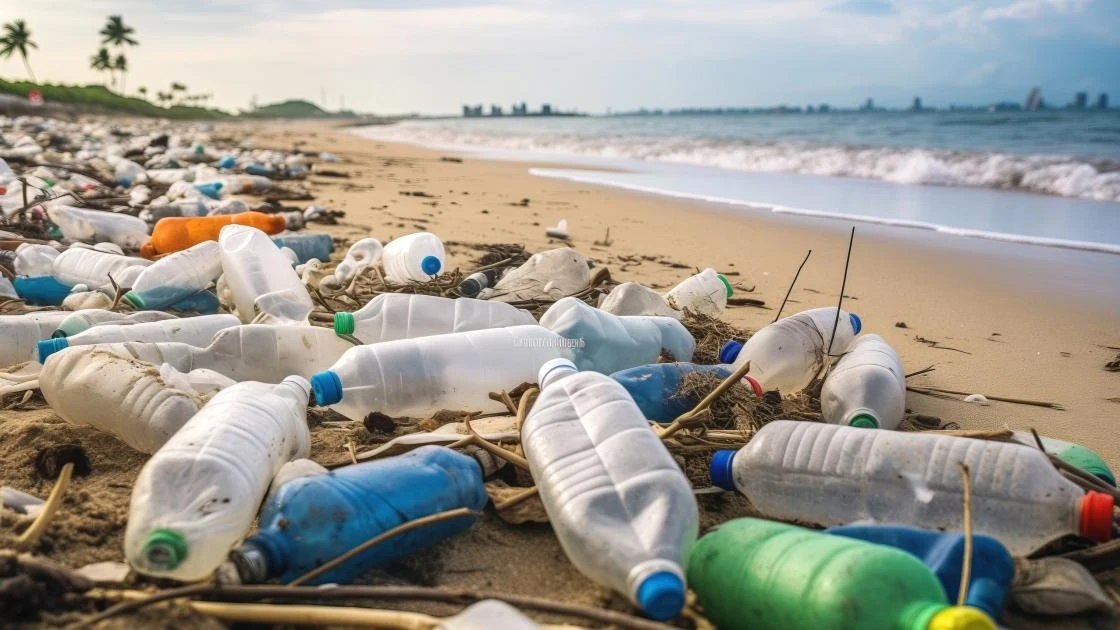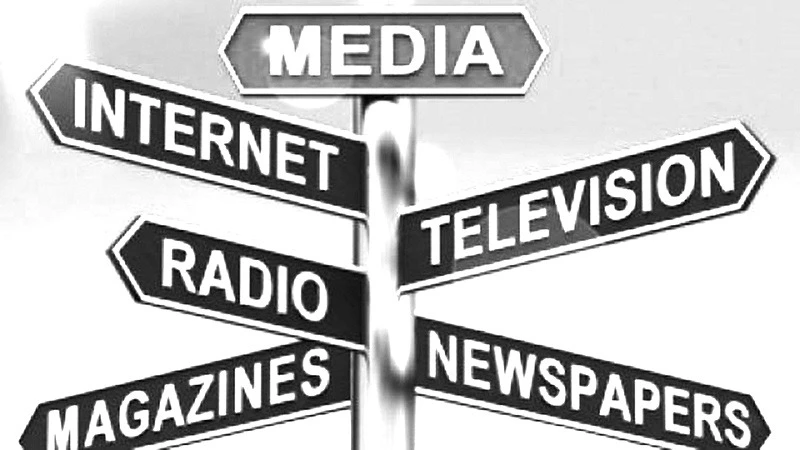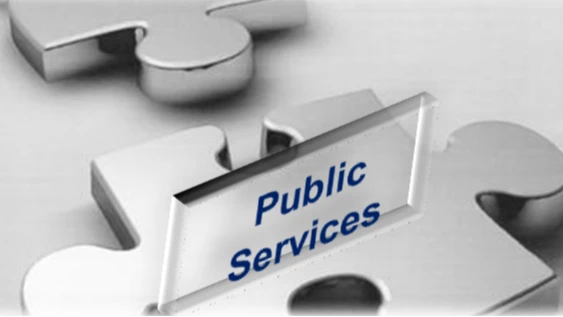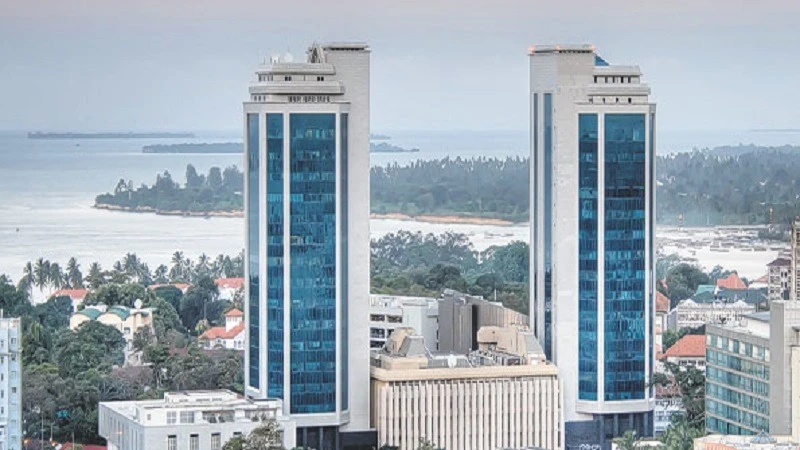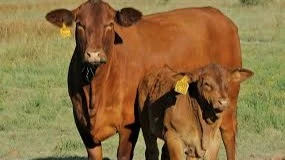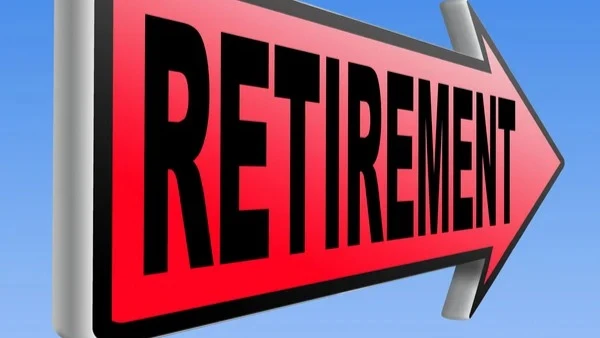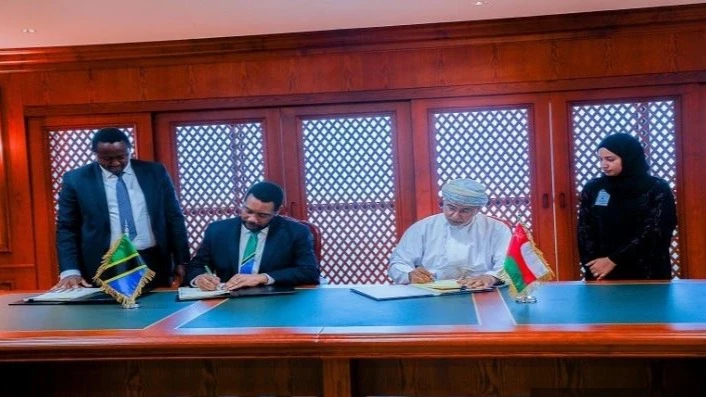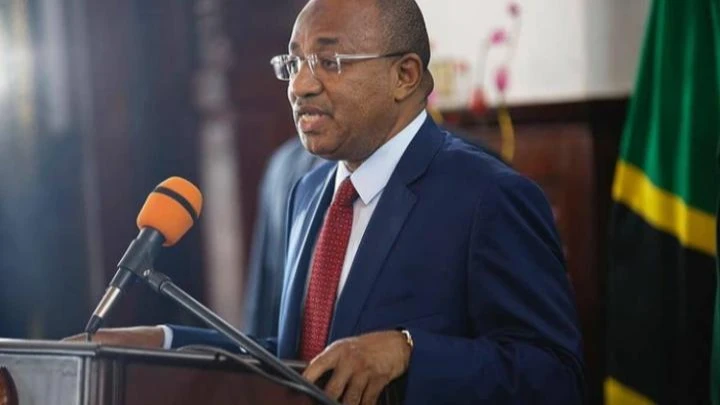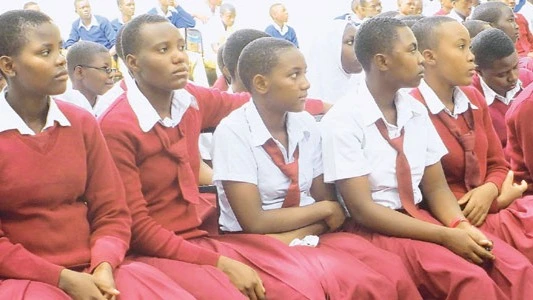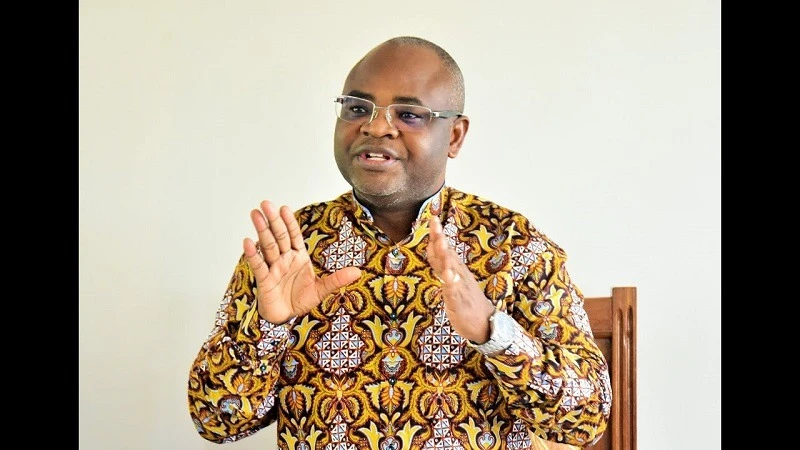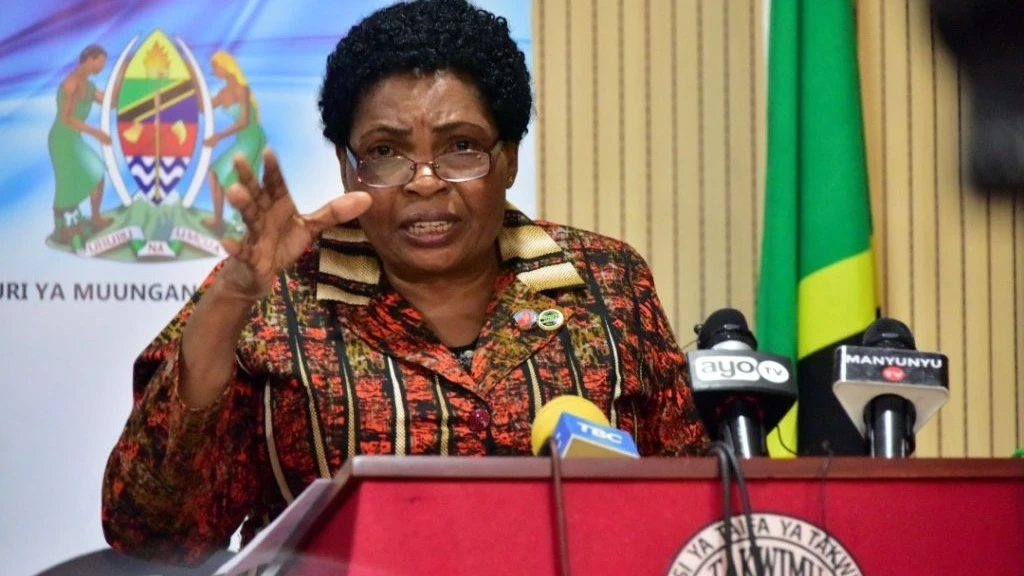Serious doubts on total debt being below 11.1 pc of GDP
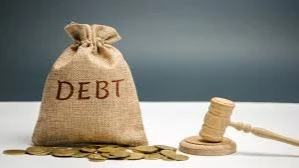
ADVICE by legislators on what the government needs to do in the next fiscal plan appears to be a mixed bag, pushing for economic expansion and thus borrowing, and then trying to keep external debt servicing below the current limit of 11.1 per cent of total income.
The Union legislative body’s Budget committee is emphatic that on no account should the debt reach the critical threshold of 15 per cent of gross income. But given the dynamism that defines politics, MPs could later change goalposts – depending on circumstances.
What was perhaps instructive wasn’t the total figures but the annual change, an 18.18 per cent rise or an additional 14.9trn/- where the total domestic debt stood at 31.9trn/-.
The committee’s analysis affirmed that government debt remains sustainable in the short, medium and long terms with the reasoning having to be adduced by the public as to whether it is due to the percentage point being small or the government’s projected income sources being sustainable and thus reassuring.
While the committee was on firm territory that the debt size jump was primarily driven by the depreciation of the Tanzanian shilling, it appears that acquisition of new loans to finance new projects bore greater consequence.
Adding one trillion shillings to the debt could arise from depreciation or currency slide, not a whopping 14.9trn/-, in which case the primacy slant ought to have been reversed.
With the ever-lurking danger of large debt exposure, the expected remedy did not ring out aloud, as MPs earlier rooted for the broadening and enhancing of domestic revenue collection to service debts to some satisfaction.
It is true that it would be beneficial for the government to direct all available loans towards projects that stimulate economic growth and promote the export of goods and services.
Judging from the outward aspect, most loans we have been landing are just directed in this manner, until one starts exploring the pros and cons of the agencies involved.
That is when it is noticed that a change of agency could have done far better, even if the loans are obtained on concessional terms and medium-term conditions.
As President Samia Suluhu Hassan has had occasion to emphasize, the more the country is anchored and accepted as a lower-middle income economy, the fewer the loans of that sort it will access.
The explanation here is that those issuing such loans are multilateral agencies who need to plan how to distribute the limited resources in their hands.
Our country is blessed with with gold, natural gas and rare minerals, even if we skip tourism attractions as evenly distributed around the world.
Just how far there is need to allocate budget resources for the 2025/2026 financial year to conduct research on household income and expenditure to update poverty statistics to replace 2017/2018 data could be considered marginal.
The real test is stable or rising levels of sensitivity to price increases, as with the various forms of intermittent chaos experienced in a number of African countries.
Inflation is low at 3.0 per cent but it is less of massive supply than suppressed demand, in which case policy advisers need to find out how to keep taxes low so that businesses thrive.
There should also be consideration of opening up more state monopolies to create jobs and remove subsidy burdens that compel vigorous taxation. Yet, the tone at present largely appears to favour more tax vigour.
Top Headlines
© 2024 IPPMEDIA.COM. ALL RIGHTS RESERVED






